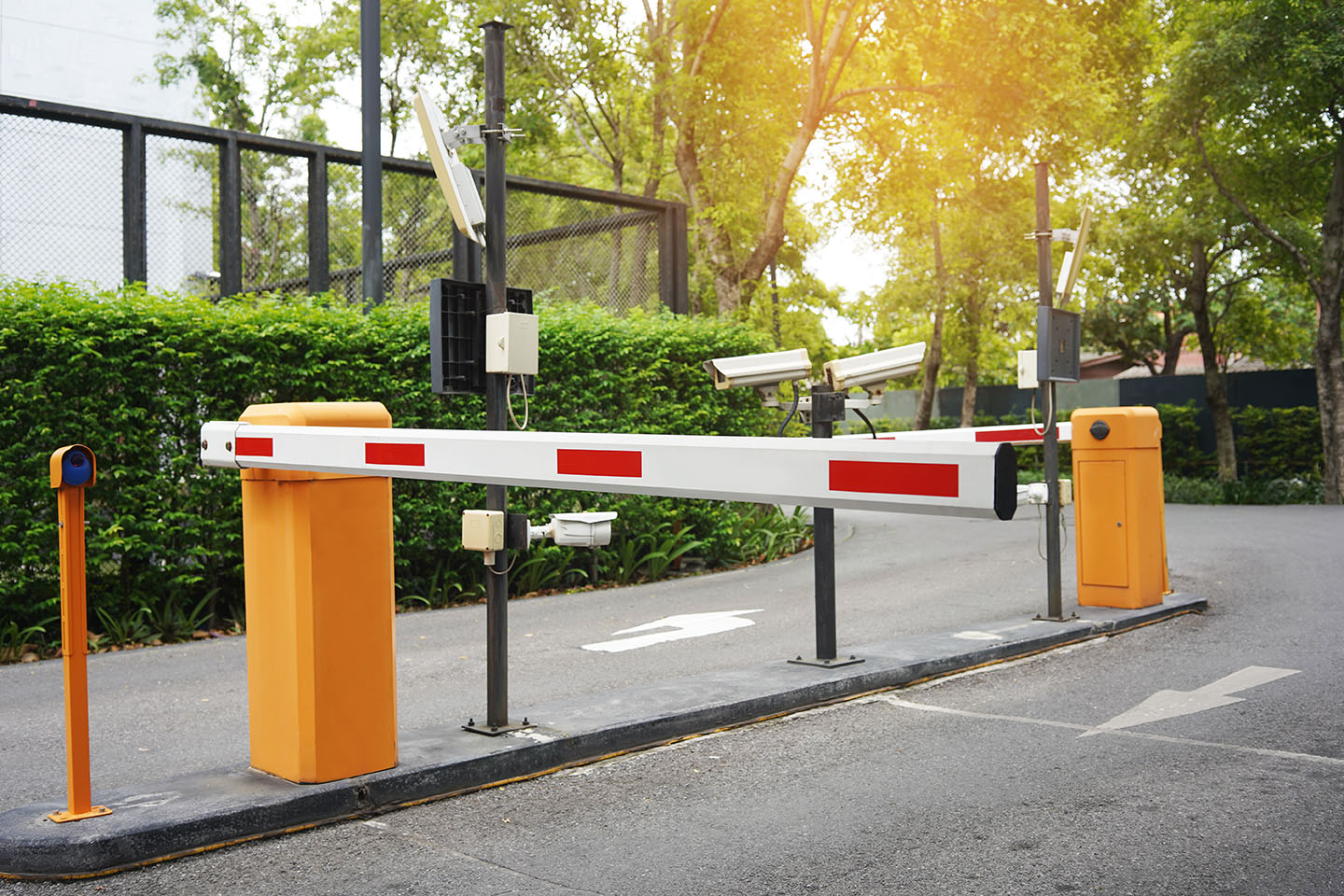
< Back
barrier
Definition
A barrier is something that prevents or obstructs the movement of something else. In science, there are many different types of barriers, including physical barriers, chemical barriers, and biological barriers.
Physical barriers are things that you can see and touch. They can be natural, like mountains or rivers, or they can be man-made, like walls or fences. Physical barriers can prevent the movement of people, animals, or water. For example, a fence can be a physical barrier that prevents animals from entering a certain area.
Chemical barriers are things that you can't see or touch, but they can still stop things from happening. For example, the skin on your body is a chemical barrier that prevents harmful substances from entering your body. The skin produces a layer of oil that helps to keep water out and harmful substances in.
Biological barriers are living things that can stop the spread of disease. For example, your body's immune system is a biological barrier that helps to fight off infection. The immune system produces antibodies that attack harmful bacteria and viruses.
Barriers are important in science because they can help to protect us from harm. They can also help to keep things separate, which can be important for scientific experiments. For example, a scientist might use a barrier to keep two different chemicals from mixing together.
How can the word be used?
The scientists discovered a new biological barrier that could be used to protect plants from pests.

Different forms of the word
Noun: barrier.
Adjective: barriered.
Verb: to barrier.
Adverb: barrieringly.
Etymology
The word "barrier" comes from the Old French word "barre", which means "a bar or beam". The word "barre" is derived from the Latin word "barra", which also means "a bar or beam".
Question
In science what are the three types of barrier and how are they different?
AQA Science Exam Question and Answer
Question:
How do physical barriers affect the movement of water?
Answer:
Physical barriers can affect the movement of water in a number of ways. For example, a dam can prevent water from flowing downstream, while a levee can prevent water from flooding an area.